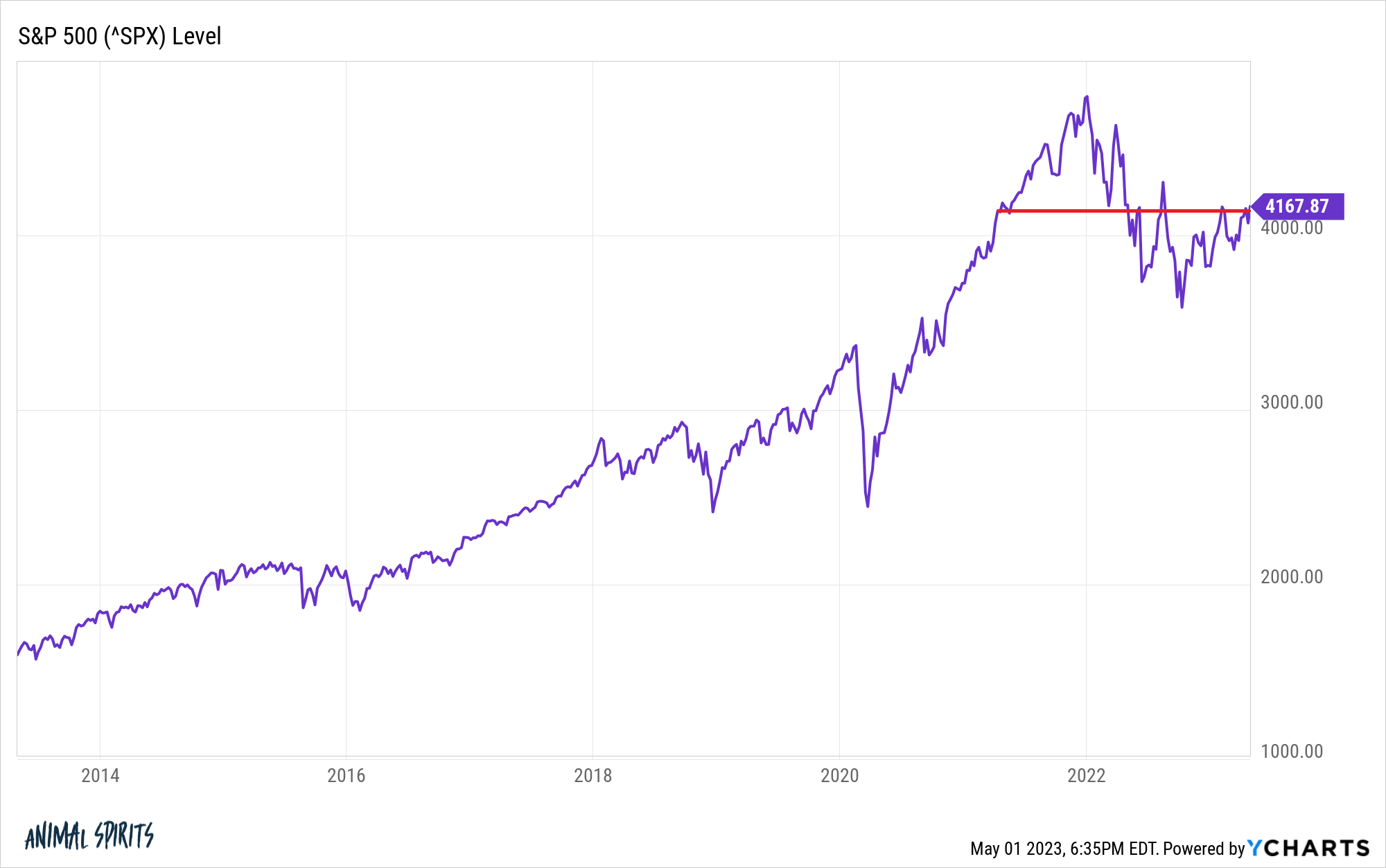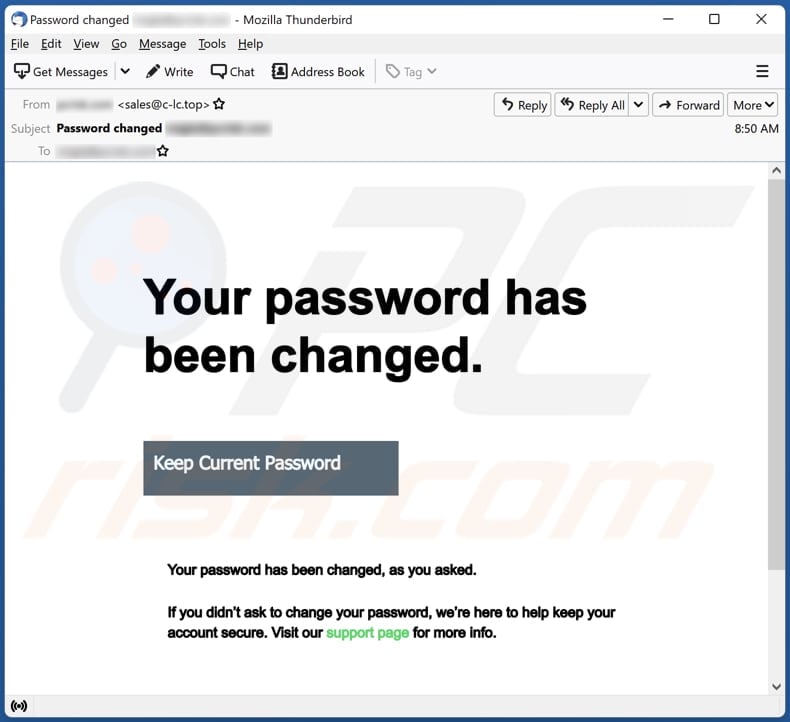Why Middle Managers Matter: Driving Performance And Fostering Employee Development

Table of Contents
Middle Managers as Performance Drivers
Middle managers play a pivotal role in translating high-level strategies into tangible results. Their impact on performance is multifaceted and crucial for organizational success.
Strategic Implementation and Goal Setting
Middle managers are responsible for taking the overarching strategic goals set by senior leadership and breaking them down into actionable, measurable objectives for their teams. This process, often referred to as goal cascading, ensures strategic alignment across the organization.
- Effective goal-setting methods: Employing frameworks like SMART goals (Specific, Measurable, Achievable, Relevant, Time-bound) and OKRs (Objectives and Key Results).
- Cascading goals: Systematically aligning team objectives with departmental and organizational goals.
- Performance metrics: Utilizing Key Performance Indicators (KPIs) to track progress and measure success.
- Regular check-ins: Conducting frequent performance reviews and providing constructive feedback.
Effective goal cascading and the use of relevant KPIs are fundamental to achieving strategic alignment and driving team performance. Middle managers who excel in this area ensure that everyone is working towards a common objective, maximizing overall organizational efficiency.
Resource Allocation and Optimization
Efficient resource allocation is another critical area where middle managers demonstrate their value. They are responsible for effectively managing budget, personnel, and time to maximize team productivity.
- Prioritization techniques: Employing methods like Eisenhower Matrix (urgent/important) to focus on high-impact tasks.
- Effective resource allocation strategies: Distributing resources based on project priorities and team capabilities.
- Budget management: Monitoring expenses, allocating funds effectively, and staying within budgetary constraints.
- Delegation: Assigning tasks appropriately based on individual skills and workloads.
Mastering resource management is vital for optimizing team efficiency. Middle managers who can effectively allocate resources contribute directly to increased productivity and improved bottom-line results.
Overseeing Daily Operations and Problem Solving
Middle managers are the frontline problem-solvers, ensuring smooth daily operations and addressing challenges as they arise. Their ability to effectively navigate day-to-day issues is critical for maintaining operational efficiency.
- Troubleshooting skills: Quickly identifying and resolving operational issues.
- Conflict resolution: Mediating disputes and fostering a collaborative work environment.
- Process improvement: Identifying areas for improvement and implementing changes to enhance efficiency.
- Decision-making under pressure: Making informed decisions in challenging or time-sensitive situations.
Strong problem-solving skills and the ability to make sound decisions under pressure are hallmarks of effective middle managers. Their role in maintaining operational efficiency is invaluable to organizational success.
Middle Managers as Crucial Pillars of Employee Development
Beyond performance driving, middle managers play a critical role in nurturing and developing their team members. Their influence on employee growth significantly impacts overall organizational talent and productivity.
Mentorship and Coaching
Middle managers act as mentors and coaches, guiding and supporting their team members' professional development. This personal touch is crucial for talent retention and growth.
- Providing feedback: Offering regular and constructive feedback to enhance performance.
- Identifying development needs: Recognizing skill gaps and areas for improvement.
- Creating development plans: Developing personalized plans to address specific development needs.
- Mentoring opportunities: Providing guidance and support to help team members grow their careers.
A commitment to mentorship and coaching is a key attribute of effective middle managers. Investing in their employees' development translates to increased skill levels, higher retention rates, and a more engaged workforce.
Training and Skill Development
Middle managers are instrumental in identifying training needs and providing opportunities for skill enhancement within their teams. This proactive approach ensures that employees have the skills necessary to succeed.
- Identifying training gaps: Analyzing performance data and conducting needs assessments to pinpoint skill deficiencies.
- Recommending training programs: Suggesting relevant training programs to address identified gaps.
- Facilitating training sessions: Organizing and leading training sessions to enhance employee skills.
- Monitoring progress: Tracking employee progress and providing ongoing support to ensure successful skill development.
Proactively identifying and addressing training needs is crucial for upskilling the workforce and fostering a culture of continuous learning. Middle managers play a vital role in this process.
Creating a Positive and Supportive Work Environment
Middle managers set the tone for their teams, fostering a culture of collaboration, motivation, and engagement. Their leadership style directly impacts employee morale and productivity.
- Team building activities: Organizing activities to enhance team cohesion and collaboration.
- Open communication: Creating an environment where open and honest communication is encouraged.
- Recognition and rewards: Acknowledging and rewarding employee contributions.
- Positive reinforcement: Providing positive feedback and encouragement to boost morale.
Cultivating a positive work environment is crucial for employee engagement and motivation. Middle managers play a crucial role in fostering this environment, impacting employee satisfaction and overall productivity.
Conclusion: The Indispensable Role of Middle Managers
In conclusion, middle managers are indispensable to organizational success. They are not merely cogs in the machine; they are the vital drivers of performance through strategic implementation, resource optimization, and operational oversight. Equally crucial is their role in fostering employee development through mentorship, training, and the cultivation of a positive work environment. Investing in and supporting your middle management teams is not an expense; it's an investment in the future success of your entire organization. Invest in your middle managers today to unlock the full potential of your workforce and truly understand why middle managers matter. For further resources on middle management development, visit [link to relevant resources].

Featured Posts
-
 Butlers Pelvic Contusion A Blow To The Heats Playoff Hopes
May 15, 2025
Butlers Pelvic Contusion A Blow To The Heats Playoff Hopes
May 15, 2025 -
 Angstcultuur Bij De Npo Tientallen Medewerkers Spreken Zich Uit Tegen Baas
May 15, 2025
Angstcultuur Bij De Npo Tientallen Medewerkers Spreken Zich Uit Tegen Baas
May 15, 2025 -
 Goldman Sachs On Trumps Oil Price Preferences A Social Media Deep Dive
May 15, 2025
Goldman Sachs On Trumps Oil Price Preferences A Social Media Deep Dive
May 15, 2025 -
 Bof As Take Why Current Stock Market Valuations Shouldnt Worry Investors
May 15, 2025
Bof As Take Why Current Stock Market Valuations Shouldnt Worry Investors
May 15, 2025 -
 Androids Updated Design Whats Changed
May 15, 2025
Androids Updated Design Whats Changed
May 15, 2025
Latest Posts
-
 Padres Vs Cubs Who Will Win A Detailed Game Prediction
May 15, 2025
Padres Vs Cubs Who Will Win A Detailed Game Prediction
May 15, 2025 -
 Padres Vs Giants Prediction Analyzing A Tight Matchup
May 15, 2025
Padres Vs Giants Prediction Analyzing A Tight Matchup
May 15, 2025 -
 Cubs Vs Padres A Prediction And Analysis Of The Upcoming Game
May 15, 2025
Cubs Vs Padres A Prediction And Analysis Of The Upcoming Game
May 15, 2025 -
 How To Stream San Diego Padres Games Without Cable Tv In 2025
May 15, 2025
How To Stream San Diego Padres Games Without Cable Tv In 2025
May 15, 2025 -
 Predicting The Padres Vs Cubs Matchup Can The Cubs Secure A Win
May 15, 2025
Predicting The Padres Vs Cubs Matchup Can The Cubs Secure A Win
May 15, 2025
